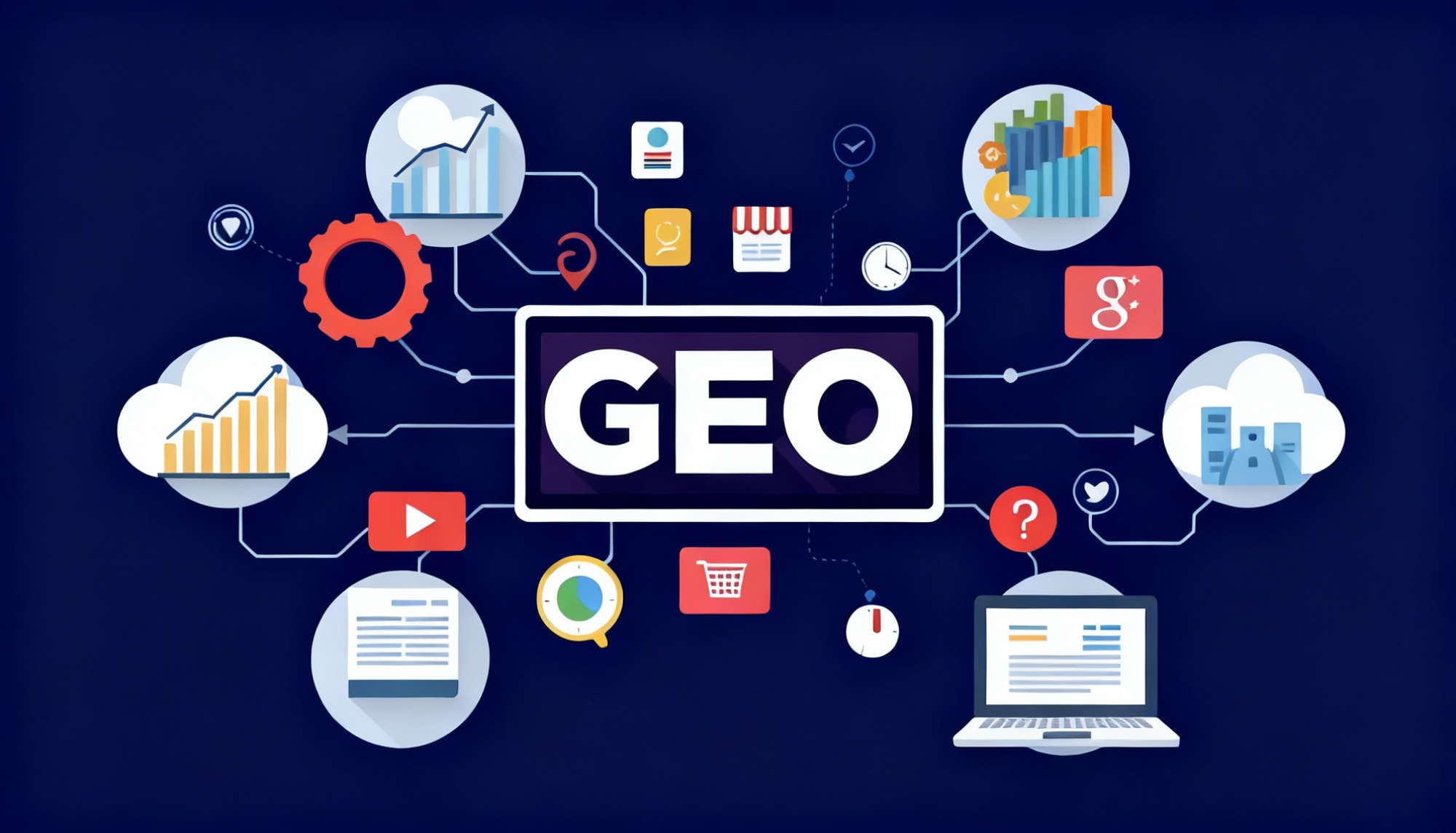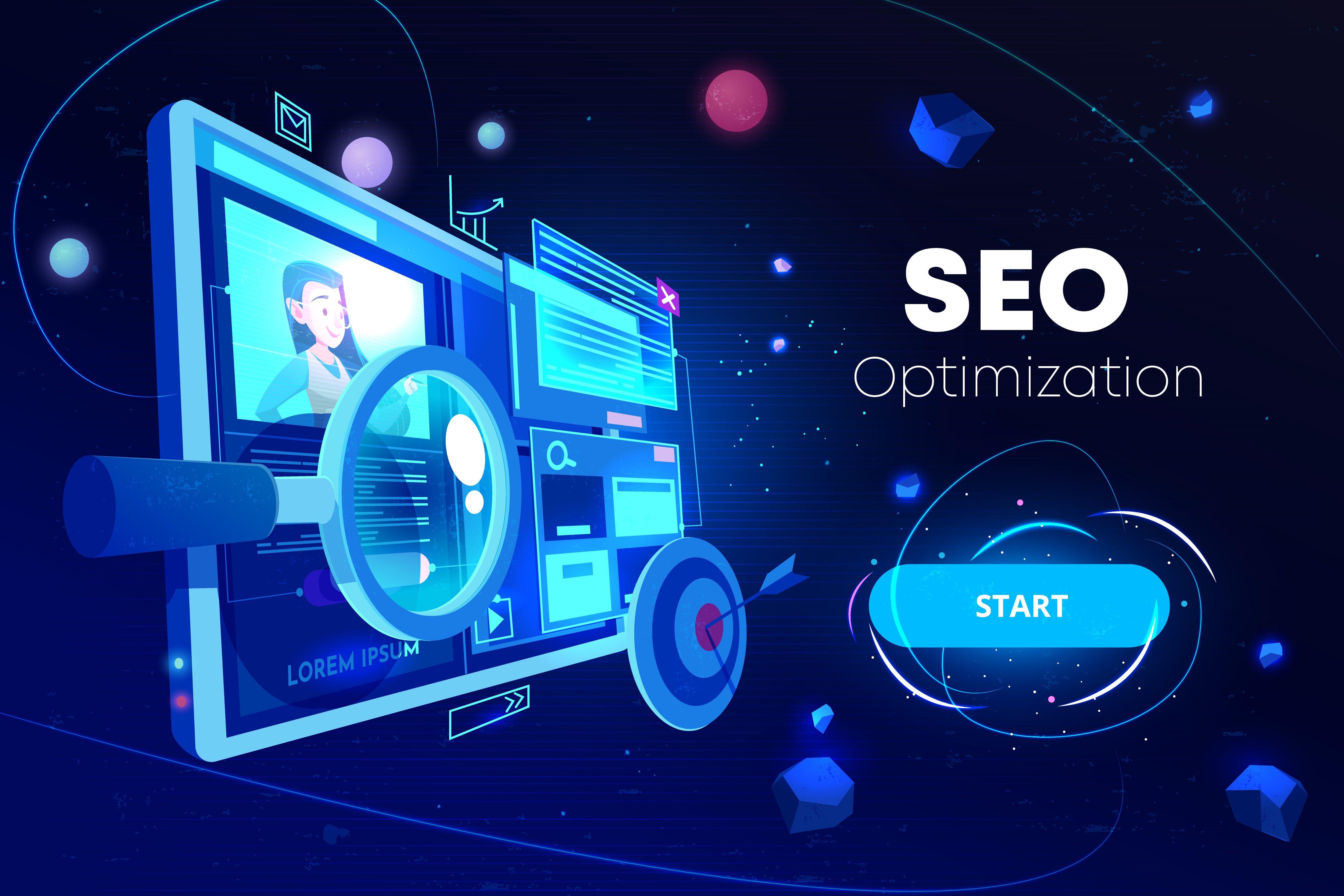In today's high-paced digital era, generating engaging, concise, and relevant content is of paramount importance. This crucial need for compelling material has given rise to Artificial Intelligence (AI)--aided content evaluation systems that significantly influence the content we view and produce every day.
One such groundbreaking advent in this space is the AI score - a digital measuring tool that effectively approximates the quality and relevance of written content. It leverages the robustness of AI algorithms, big data, and machine learning to assess and score content based on various factors such as readability, keyword usage and density, the deployment of multimedia components, social media interactions, email addresses, and more.
What is an AI Score?
AI Score, in simple terms, is a digitized, algorithm-driven assessment scale for written content. It's a numerical score, usually between 0 and 100, given to any piece of text or written document. The score represents the likelihood of the text being generated by or optimized for AI. As such, it serves a valuable pointer into the content's quality, understandable to both machines and human readers.
How the AI score evaluates content?
The AI score utilizes specific parameters to evaluate content, drawing a remarkably accurate picture of its relevance, coherence, and quality. Here are few primary aspects:
- Readability: The AI score assesses the ease with which the average reader can read and comprehend the content.
- Keyword Usage: It discerns whether pertinent keywords have been appropriately incorporated in strategic locations, like the title, subheadings, and body of the content.
- Multimedia Elements: The score also considers the inclusion and placement of images, infographics, and videos.
- External Links: It reviews the number of external links included in the content, examining their relevance and importance to the text.
Also Read: Best Practices To Follow For Great Content
Advantages of Using AI Scoring Systems
AI Scoring systems offer significant advantages when utilized in content production and evaluation. They provide automatic and swift insights into the quality of content, eliminating human bias.
They help ensure that the deployed keywords align with SEO best practices, increasing the possibility of better search engine rankings. Additionally, they provide constructive guidance on the layout and organization of the content, fostering optimal readability and user engagement.
Also Read: How To Create Evergreen Content For Organic Traffic?
Enhanced content quality
AI scoring system actively boosts the quality of content. Grading factors such as readability, language usage, keyword deployment, and detection of AI-generated text ensure the generation of high-quality, engaging, and contextually accurate content.
The score permits writers to easily understand and implement changes based on AI recommendations, thereby enhancing the content's overall quality, relevancy, and appeal to the target audience. Additionally, incorporating AI writing tools like ChatGPT can also contribute to enhanced content quality by providing students with a unique and innovative way to approach writing assignments.
Time-saving
Traditionally, manual content evaluation is displayed to be a time-consuming process, often fraught with errors and subjectivity. However, AI scoring systems offer a swift and efficient alternative. They can quickly scan, evaluate, and score content based on pre-determined parameters, saving significant time for content creators and editors. This efficiency allows more time for strategizing, creating, and disseminating high-quality content.
Content optimization
AI scoring systems effectively aid in content optimization. They provide insights into keyword usage, the right use of hyperlinks, and appropriate placement of multimedia elements. All these factors work together to boost your content's visibility on search engines, thus maximizing reach and engagement.
AI Writing Tools: Scoring and Evaluation Methods
Multiple AI writing tools incorporate advanced algorithms to evaluate and score content. From gauging readability and detecting plagiarism to examining keyword usage, they offer an array of checks. Understanding these scoring and evaluation methods helps content creators leverage AI tools more efficiently, leading to the creation of optimized, higher-ranked content.
AI algorithms
AI writing tools deploy intricate algorithms to evaluate written content. Here are some of the primary processes they employ:
- Natural Language Processing (NLP): AI tools use NLP to understand and evaluate human language in a comprehensive way.
- Machine Learning (ML): These tools utilize ML algorithms to continually evolve and improve their scoring efficacy, through exposure to huge volumes of data.
- Semantic Analysis: AI writing tools can analyze the context and meaning of words, sentences, and even paragraphs, ensuring a thorough understanding of the content's purpose and relevance.
Measuring readability
Readability is crucial in determining how easily a reader can understand your content. AI scoring systems measure readability using several factors.
The length of sentences, complexity of vocabulary used, and structural organization are some of the elements assessed. It achieves this by employing established readability frameworks such as the Flesch-Kincaid Grade Level and the Gunning Fog Index. This systematic evaluation results in actionable steps to improve content readability and user engagement.
Examining keyword usage and density
AI scoring systems meticulously scrutinize keyword usage and density in the content. This evaluation includes:
- Relevance: The AI tools verify whether the used keywords are relevant to the topic and the target audience.
- Placement: These tools assess whether the keywords are strategically placed in titles, subheadings, meta descriptions, and throughout the content body.
- Frequency: They determine the ideal keyword density, ensuring the right balance between SEO optimization and natural language flow.
Tips for Improving AI Scores
Understanding and improving AI scores can result in content that resonates with both AI and human readers. Optimization involves meticulous keyword usage, systematic incorporation of headings and subheadings, and innovative use of multimedia elements.
Every aspect counts when aiming for higher AI scores, which, in turn, significantly increases your content's potential for higher visibility and increased organic reach on Google.
Proper use of keywords
Careful and strategic placement of relevant keywords plays a crucial role in improving AI scores. Keywords must be included in SEO crucial spots like the title, subheadings, meta description, and intermittently through the body of the content.
However, the writing should not come off as forced or unnatural. Therefore, striking a harmonious balance between organic sentence construction and strategic keyword usage is vital. Using a blend of primary, secondary, and long-tail keywords can help diversify the reach while maintaining a natural language flow.
Incorporating headings and subheadings
Headings and subheadings play a crucial part in breaking down content into digestible chunks, improving readability and enhancing user experience. They also provide an ideal place to incorporate keywords, aiding SEO ranking.
Using a logical hierarchy of headings - starting with a H1 title followed by H2, H3, and so on - aids in better content organization. This structure can significantly enhance your AI score, while substantial headings can attract readers and keep them engaged. Additionally, incorporating proper HTML formatting for headings and subheadings can also improve your AI score and make your content more visually appealing.
Use of images, videos, and external links
The inclusion of multimedia elements and relevant external links significantly add value to written content and boost AI scores. Here are few points to note:
- Images: High-quality, relevant images break the monotony of text and engage the reader visually. Adding alt text and captions can further boost SEO.
- Videos: Embedding informative videos can enrich your content, enhance user engagement, and potentially increase time spent on the page.
- Links: Providing links to credible external resources not only strengthens your points but also enhances the reliability of your content.
Conclusion
In today's digital landscape, AI's involvement in content evaluation and scoring is no longer an auxiliary function, but a game-changing requirement.
Content creators bear not only the felicity of language but also the necessity to tune their content to AI evaluation norms. The AI score signifies an intelligent mesh of quality content and keyword-optimized writing, facilitating improved planning, research, and writing strategies. Though it demands a shift from conventional content creation methods, the resulting enhancement in content visibility, search engine rankings, and overall reader experience truly justifies this paradigm shift.
As we steer deeper into the AI-infused future, understanding and implementing AI scores will undoubtedly rise as a nonnegotiable competency for digital content creators worldwide.
Frequently Asked Questions
How reliable is the AI Score for analyzing content quality?
AI score offers a reasonably reliable and objective measure of content quality. It is based on predefined benchmarks and AI-driven algorithms that assess many attributes, like readability, keyword usage, etc. However, human oversight and discretion might still be required for nuanced interpretations.
Do I need to optimize my content based on the AI score?
Optimizing your content based on the AI score can lead to improved search engine rankings, better user engagement, and increased organic reach. It provides guidelines based on established SEO practices, making it a reliable tool for content optimization.
Are professional writers still necessary with AI content scoring tools?
Yes, despite advanced AI scoring tools, the importance of skilled professional writers remains unrivaled. AI scoring complements human writers by providing real-time feedback for improvements, fostering high-quality content that resonates with both search engines and readers.
Which AI writing tools provide scoring features?
Multiple AI writing tools - like Rank Math, Scribbr, Danelfin, and others - come equipped with scoring features. They evaluate and score content based on certain parameters, aiding in content optimization and increased search engine visibility.
Can AI-generated content achieve high AI scores?
AI-generated content can indeed achieve high AI scores, given that it adheres to the stipulated parameters of readability, keyword density, and use of multimedia elements. However, content relevance, context, and a humanistic tone may require human intervention for optimal results.








.webp)


